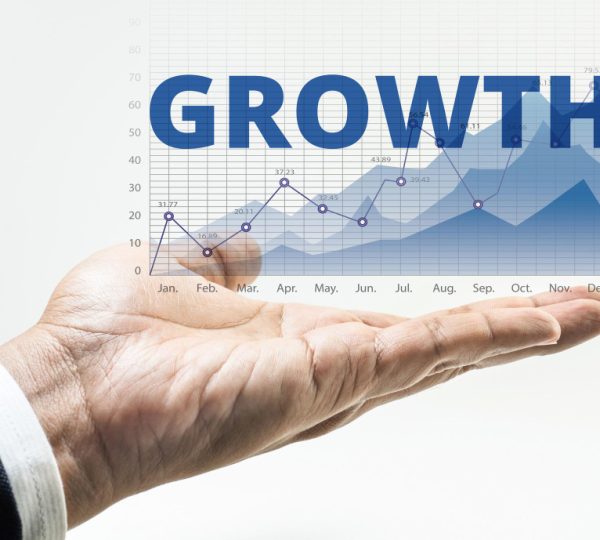Does Artificial Intelligence Take Away Jobs From People?
Many people believe that artificial intelligence (AI) will have a bright future with various new sources of income, lower costs, and, eventually, higher profits. Others, others, others, others, others, others, others, others, others, others, Does AI, therefore, eliminate human jobs? Or should AI take the role of people?

Before responding to these queries, we must first group various job kinds into categories. Based on their responses to two questions, which might be yes or no, I’ve compiled the spreadsheet below that categorizes them into four groups. The four cells specify what or who should carry out a specific duty that belongs to that particular category. Tasks are the issues that must be resolved inside roles, and jobs can be thought of as functions themselves.
It should be noted that the list is simplified for illustration only and is not all-inclusive or complete (MECE). But, it should provide enough fuel for thought for those in the management, technology, and finance.
| Do we hold errors in a job to (nearly) zero or low standards? | |||
| Yes | No | ||
| Can the issue be resolved automatically using just unbiased data, straightforward rules, and fundamental ideas? |
Yes
No |
1.Conventional software and other technologies mostly used for process automation
3.Homo Sapiens
|
2.Other technologies, conventional computer programs, and AI
4.AI and Homo Sapiens |
- Computer programs from the past and other technologies primarily to automate processes
Some trading, money wire, settlement, clearance, and other processes at banks, trader platforms, and investment management businesses fall under this category, although they are not the only ones. In a formal sense, people frequently need to be engaged for reasons that range from technical to economic to legal to regulatory. Some people can object to automated procedures that don’t require human participation at any point. They’ll tend to stick with tasks that a machine can complete.
- Artificial intelligence, classic computer software, and other technologies
Going to recommend web content or apps according to client tastes and prior web or app activity are some professions that could fall into this category. Results from AI can be interpreted in several ways. Making decisions has relatively minor and insignificant effects. It is possible to use even conventional computer applications and other technologies. Outcomes from these applications frequently produce a better performance at scale than people.
- Homo sapiens
Jobs in this category include those of corporate executives, elected officials, or anybody else who makes judgments based on a combination of human values, long-term perspectives, objective facts, and straightforward rules and principles. Decision-making procedures are often one-time, manual, and frequently have outcomes that cannot be changed. Human judgments are not always driven only by rational, pragmatic, and short-term considerations. At the first appearance, impulsive or unreasonable actions may result from careful calculations. Humans can also operate on complex laws and principles, apply various time scales, and have subjective viewpoints, all of which cannot be accounted for by relatively straightforward algorithms. Humans, unlike robots, can accept accountability for an outcome and are aware of their moral and legal duties.
- AI and Homo Sapiens
In this field, job competition exists between people and AI (machines). If each of the following requirements is satisfied, humans might be replaced by machines:
- Based on factors such as prices, output quality and quantity, and other factors, machines provide a better answer than people.
- There are no limits under the law.
- According to accepted social norms, it is appropriate, and there is no moral need to act otherwise.
At times, people and machines can collaborate. We can solve difficulties by using the (past) facts and imagining a frequently complicated future state. The latter should come naturally to humans since we are “teachers” who define a proper or erroneous response or future condition. We are also accountable for our decisions and the outcomes of those decisions. A child may outthink AI in certain respects, although it has mastered many human-standard tasks and difficulties. Regular human involvement is needed.
These include positions involving human contacts such as sales, customer service, portfolio management, stock selection, and portfolio management. Another area in which this human-machine synergy has been successful is in the arts, for example, with AI-assisted computer graphics.
The Answer: Concentrate on What People Can Do Best.
We need to recognize things only humans can do well to prevent losing our employment to computers. We must remember that only people can define each work, its requirements or lack thereof and if it may be delegated to a computer. Only humans can and should be skilled at breaking down occupations into sub-jobs and, afterward, classifying them into these groupings.
People may also redefine a job and its classification, changing how it functions. In this approach, humans should make the most of technology to concentrate on more critical, fruitful, and pleasant tasks. After all, humans have sentiments, albeit they are sometimes erratic and appear unreasonable. Thankfully, machines lack these emotions and merely perform the jobs we humans give them.
Of course, artificial intelligence (AI) “machines” are only as clever as the data they use to learn, the models and procedures they use, and the living beings that work with them. It is crucial to consider the raw data itself, data cleansing, and knowledge and expertise concerning the generation, collection, processing, storage, and analysis of the data. Understanding the study’s goal and choosing a suitable model are both crucial. Although subjective expert human judgment grounded on information and experience plays a vital role.
Machines should not take over all human employment due to various legal, moral, and economic considerations. But, certain occupations will be replaced by people equipped with robots that use a mix of AI and human intelligence. Instead, the human teams that can effectively adapt to the changing environment will survive. Those that don’t are probably going to become outdated. In the end, we people, not the robots, are responsible for understanding the board and choosing our move.



